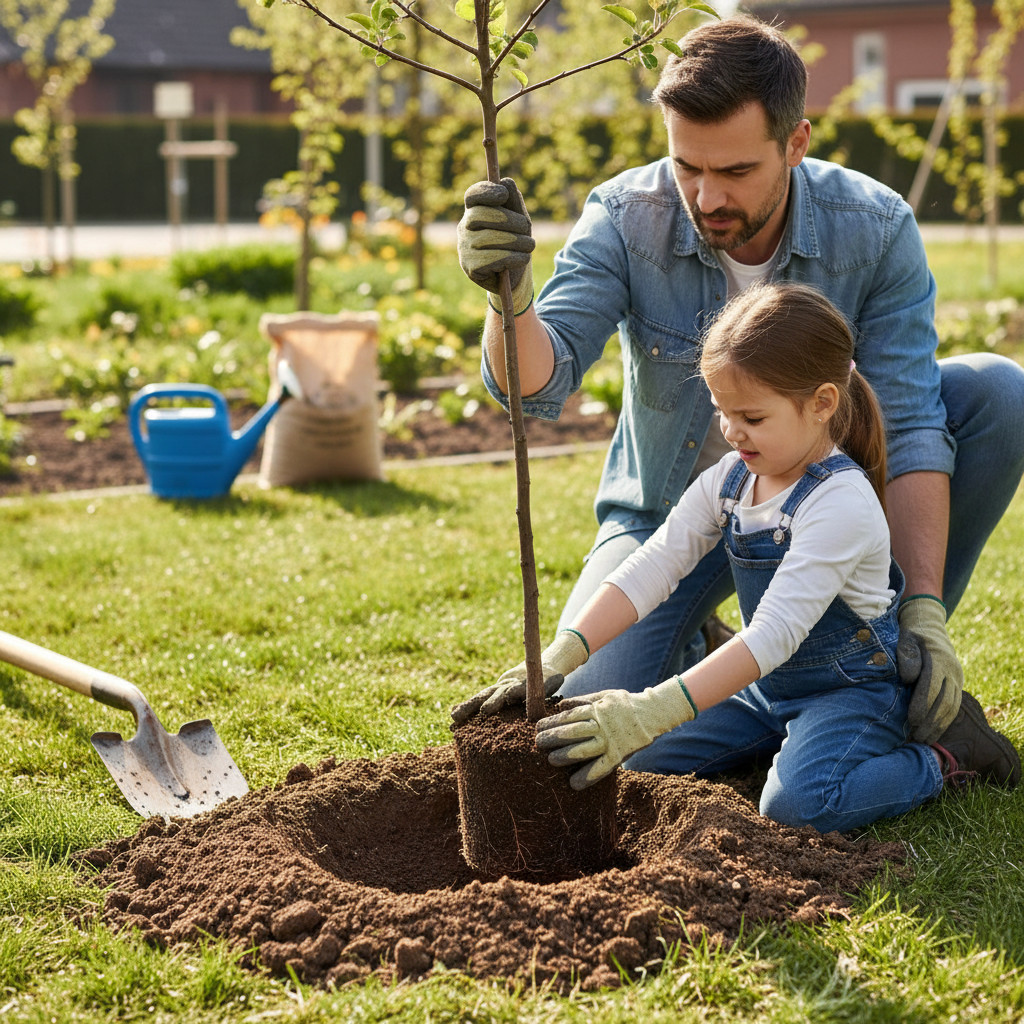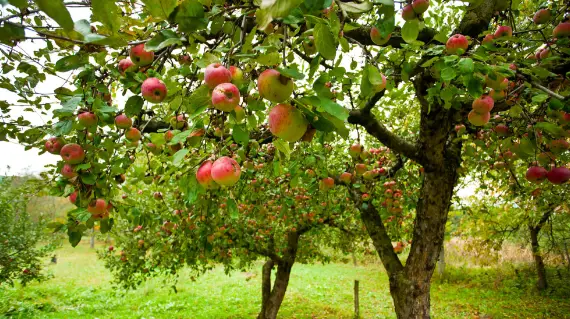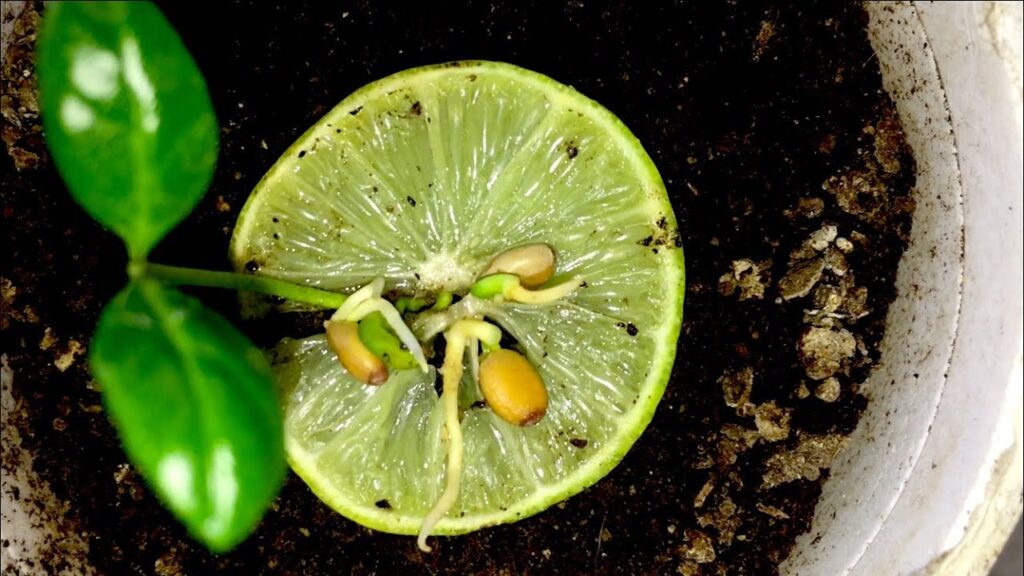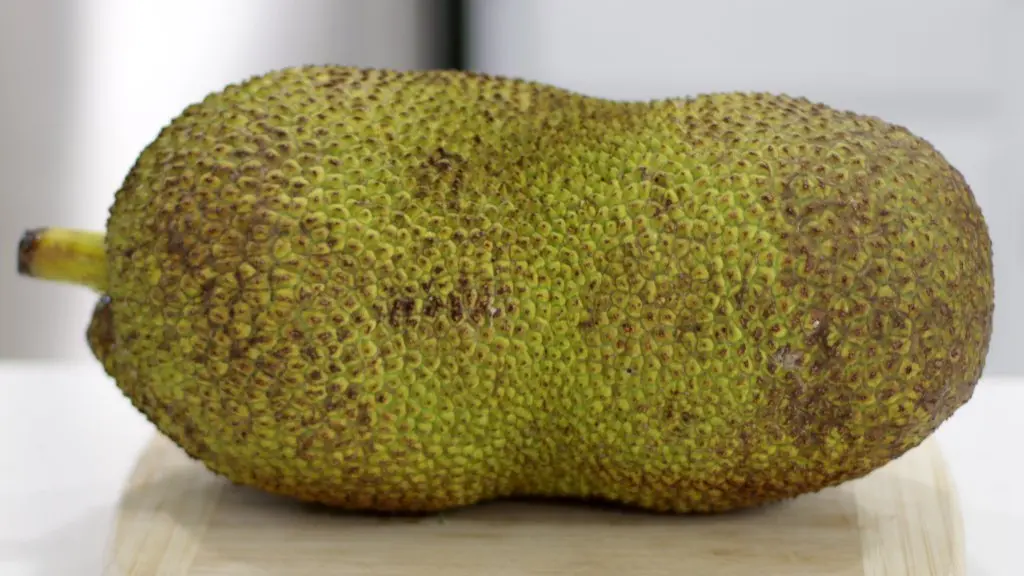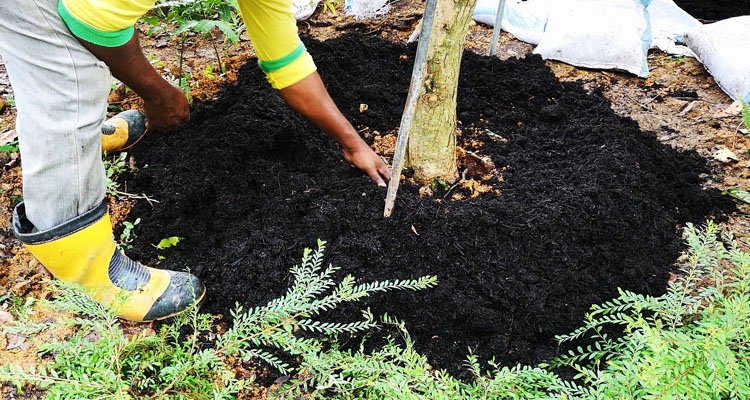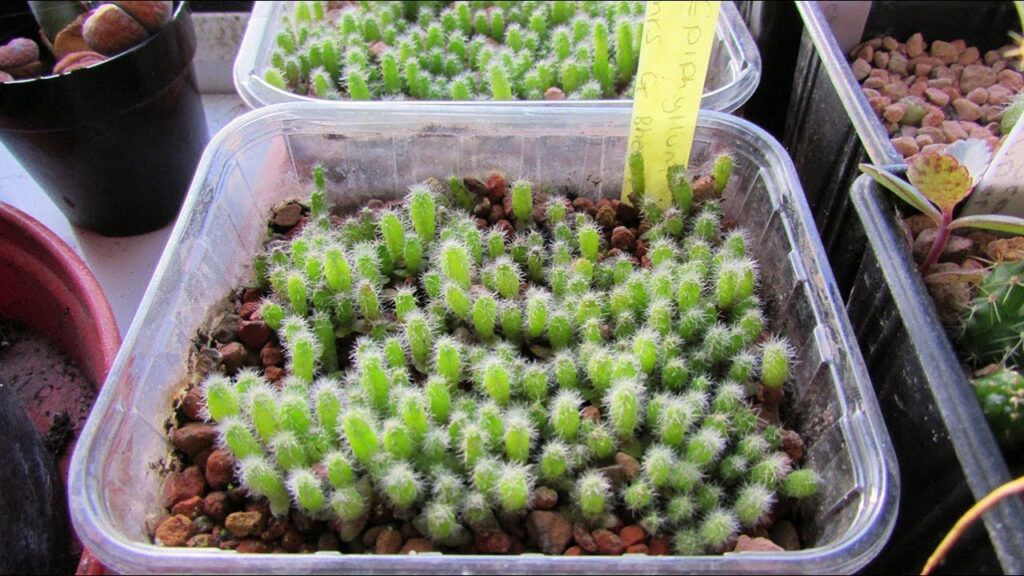If you have coconut trees in your garden or farm, it’s important to know about the best fertilizers to keep them healthy and productive. This detailed guide talks about the top fertilizer choices for coconut trees, including great advice and tips for creating a rich and healthy coconut grove.
Coconut trees, known scientifically as Cocos nucifera, do well in warm places with sandy soil. Giving them the right nutrients through fertilizers helps them to grow well and make more fruit. Fertilizers give important nutrients that help the trees build strong roots, grow lots of leaves, and produce many fruits. By giving your trees the right mix of nutrients, you can make sure they stay healthy and strong.
Table of Contents
What Nutrients Do Coconut Trees Need?
Main Nutrients (Macronutrients)
Coconut trees mostly need three key nutrients: nitrogen (N), phosphorus (P), and potassium (K).
Nitrogen helps the tree to grow and makes the leaves green. Phosphorus is good for making strong roots and helps the trees bear fruit. Potassium makes the trees better at fighting off diseases and is important for using water well. It’s very important to give the tree these nutrients in the right amounts to keep it healthy.
Additional Nutrients (Micronutrients)
Coconut trees need other nutrients in small amounts, like iron (Fe), manganese (Mn), zinc (Zn), copper (Cu), boron (B), molybdenum (Mo), and chlorine (Cl).
Even though these are needed in little amounts, they are still very important. If the tree doesn’t get enough of these micronutrients, it might not grow well or could get sick.
The Top Fertilizers for Coconut Trees
Let’s talk about which fertilizers are the best for your coconut trees and why they’re good choices:
Natural Fertilizers (Organic)
Organic fertilizers come from natural sources. They’re great because they make the soil better, help it hold water well, and increase the amount of good bugs in the soil.
Here are some natural fertilizers that are good for coconut trees:
- Compost: Compost adds organic matter to the soil and slowly releases nutrients. It also helps the soil hold water and attracts helpful creatures to the soil.
- Manure: Aged manure from animals like cows or chickens is full of nitrogen and helps the coconut trees grow more leaves. It’s a powerful natural fertilizer.
- Bone Meal: Made from ground-up animal bones, bone meal is a good way to add phosphorus to the soil, which is necessary for strong roots and fruit growth.
Synthetic Fertilizers (Inorganic)
Synthetic fertilizers are made with chemicals and let you choose the exact nutrients you want to give to your trees. They come in forms like grains or water-soluble mixes.
Here are some synthetic fertilizers for coconut trees:
- NPK Fertilizers: These fertilizers have a mix of nitrogen, phosphorus, and potassium. You can find them in different ratios to meet the specific needs of your coconut trees.
- Urea: This type of fertilizer has a lot of nitrogen, which is good for the leaves and the overall health of the tree. It’s easy to find and not too expensive.
- Potassium Nitrate: This helps provide both potassium and nitrogen to the tree. It’s especially good for the quality of the fruit, for fighting diseases, and for helping the tree use water properly.
How and When to Apply Fertilizer
Using the right method and timing when you apply fertilizer will make sure the tree can use the nutrients correctly and stop the fertilizer from being wasted. Here are some helpful tips:
- Test the Soil: A soil test tells you which nutrients are already in the soil and which ones you need more of. This will help you pick the right fertilizer.
- Spread Out Applications: Don’t use all the fertilizer at once. Split it into several parts and apply them over the year. This method makes sure the tree gets nutrients steadily and reduces the chance of losing nutrients from the soil.
- Where to Put Fertilizer: Spread the fertilizer around the edge of the tree canopy, but not too close to the trunk. This way, the roots can easily get to the nutrients.
- Water After Fertilizing: Water the area well after putting down the fertilizer. This helps the nutrients go down into the soil where roots can use them and stops the roots from getting burned.
In Summary
Picking the right fertilizer and applying it correctly will make your coconut trees grow better and produce more. Remember to look for a good balance of nutrients, suited just for coconut trees.
Whether you choose organic or synthetic fertilizers, being consistent and following the best way to care for your trees will keep your coconut grove healthy. Enjoy growing your coconut trees and look forward to lots of delicious coconuts to enjoy in your own tropical paradise!

